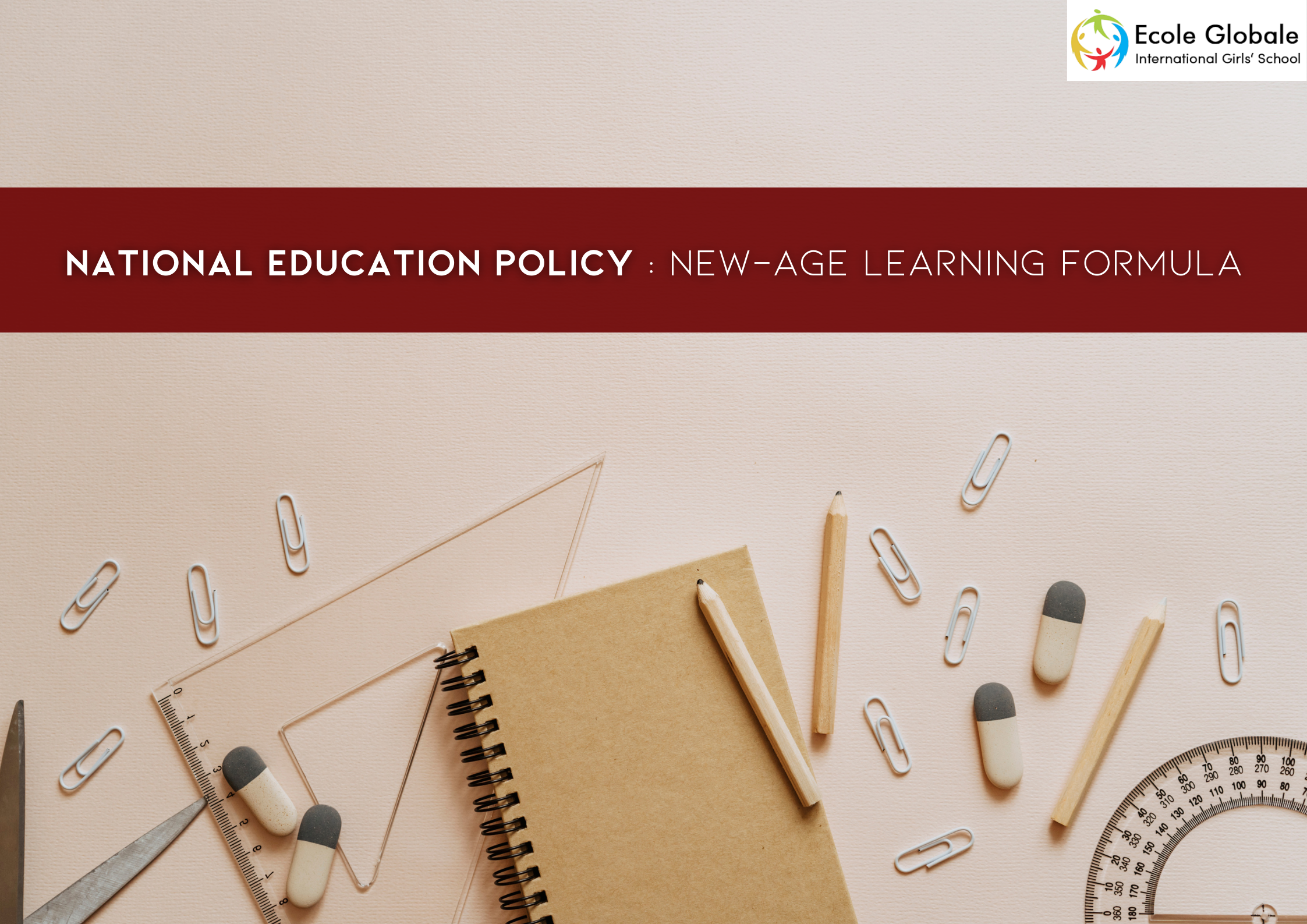The National Education Policy (NEP) is a landmark document that aims to revolutionize India’s education landscape. After three decades, the NEP brings forth a comprehensive framework to address the evolving needs of learners in the 21st century. This policy is pivotal in shaping the future of education in India by emphasizing inclusivity, flexibility, and innovation.
Historical Context
Previous education policies in India have laid the foundation for progress but often fell short in addressing the diverse needs of learners. The need for a holistic overhaul of the education system became apparent as societal and economic dynamics evolved.
The National Education Policy (NEP) emerges as a response to these challenges, drawing from global best practices while embracing India’s rich educational heritage.
Key Features of New Education Policy
The National Education Policy (NEP) introduces several transformative features aimed at fostering holistic development and equipping learners with essential skills for the future.
Early childhood care and education receive significant attention, recognizing the formative years as crucial for cognitive and socio-emotional development. The policy advocates for a flexible curricular structure, allowing students to pursue multidisciplinary studies and discover their passions.
Moreover, the integration of vocational education into mainstream schooling aims to bridge the gap between education and employability, empowering students with practical skills and entrepreneurship opportunities. Embracing linguistic diversity, the National Education Policy (NEP) promotes multilingualism as a means to preserve cultural heritage and facilitate seamless communication in a globalized world.
New-Age Learning Paradigms
The National Education Policy (NEP) heralds a paradigm shift in learning methodologies, moving away from rote memorization towards experiential and inquiry-based approaches.
It emphasizes critical thinking, creativity, and problem-solving as foundational skills for success in the 21st century. Encouraging hands-on activities and project-based learning, the policy nurtures innovation and fosters a spirit of inquiry among students.
Furthermore, the incorporation of artificial intelligence (AI) and coding into the curriculum reflects the recognition of technology as a catalyst for transformative learning experiences. By equipping students with digital literacy and computational thinking skills, the New Education Policy prepares them to thrive in an increasingly digitized world.
Implementation Challenges
Despite its visionary outlook, the implementation of National Education Policy (NEP) poses several challenges. Inadequate infrastructure, resource constraints, and varying levels of preparedness among states are significant hurdles that need to be addressed.
Training and capacity building of educators are essential to facilitate the effective transition to new pedagogical paradigms.
Moreover, addressing socio-economic disparities in access to quality education remains a pressing concern. Bridging the digital divide and ensuring equitable opportunities for all learners require concerted efforts from policymakers, educators, and civil society stakeholders.
Impact on Higher Education
The NEP seeks to transform higher education by promoting flexibility, autonomy, and innovation. It envisions a vibrant ecosystem where universities serve as hubs of research, creativity, and knowledge dissemination. The emphasis on multidisciplinary studies encourages cross-disciplinary collaboration and fosters a culture of academic excellence.
Furthermore, the policy advocates for the integration of research and teaching, recognizing the symbiotic relationship between knowledge creation and pedagogical practices.
By nurturing a conducive environment for intellectual inquiry and academic freedom, the National Education Policy (NEP) empowers higher education institutions to become engines of innovation and social change.
Criticisms and Controversies
Despite its laudable objectives, the National Education Policy (NEP) has faced criticism and controversy on various fronts. Concerns have been raised regarding the language policy and the imposition of a three-language formula, particularly in states with linguistic diversity.
Critics argue that the centralization of power and lack of consultation with stakeholders undermine the principles of federalism and democratic governance.
Moreover, there are debates about the feasibility and practicality of certain provisions, especially in the context of resource constraints and implementation challenges at the grassroots level.
Balancing aspirations for educational reform with ground realities requires careful deliberation and inclusive decision-making processes.
Way Forward
Moving forward, collaborative efforts are essential to address the implementation challenges and realize the transformative potential of National Education Policy (NEP). Continuous monitoring and evaluation mechanisms should be put in place to track progress and identify areas for improvement.
Engagement with diverse stakeholders, including educators, students, parents, and policymakers, is crucial for ensuring transparency, accountability, and inclusivity in the reform process.
Harnessing the potential of technology and innovation can facilitate the effective delivery of educational interventions and enhance learning outcomes. By leveraging synergies across sectors and harnessing the collective wisdom of stakeholders, India can chart a path towards a more inclusive, equitable, and responsive education system.
Conclusion
In conclusion, the National Education Policy (NEP) represents a watershed moment in India’s educational trajectory. Grounded in the principles of equity, excellence, and innovation, the policy lays the groundwork for transformative change across the education continuum.
As India embarks on this journey of educational reform, it must remain committed to the ideals of inclusivity, quality, and lifelong learning for all.
By embracing the ethos of National Education Policy (NEP), India can unlock the full potential of its human capital and emerge as a global leader in the knowledge economy.









